
Safe homes for refugees report: learning from Ukraine schemes
Ways to improve accommodation and resettlement for refugees by applying lessons learnt from the Ukraine response.

Three miles to happiness: a family reunion story
A family are reunited after seven years with help from the British Red Cross family tracing service.

"Children can be agents for change"
Children are asking more and more questions about refugees and asylum seekers. But where to start with such a complex topic?
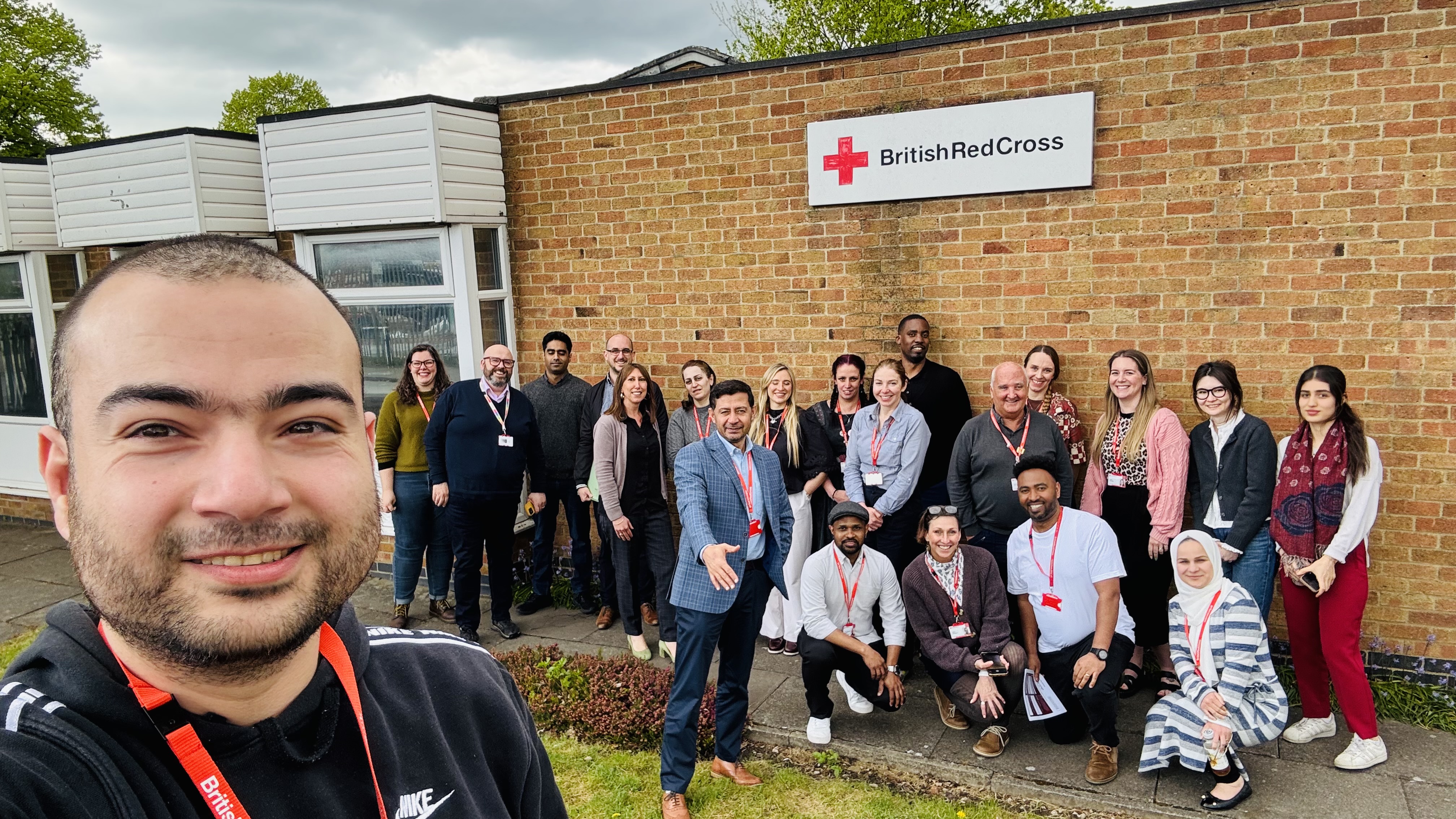
Celebrating Refugee Week 2025
This year we celebrate the power of community

Celebrating Leaps & Grounds, the British Red Cross’ coffee project
Our social enterprise that helped craft the careers of dozens of refugee women

"Children can be agents for change"
Teaching children about the plight of refugees brings benefits all round.
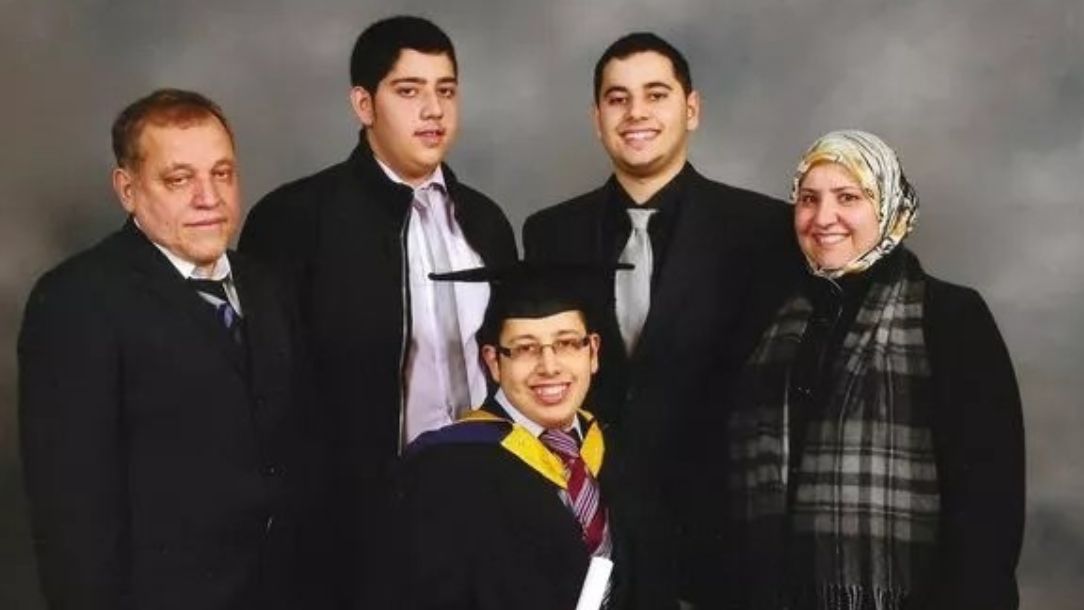
"This is not a refugee story, it's a love story"
Hamed Amiri's life has been extraordinary. Here, he describes his family’s escape from Herat, which inspired a sell-out play.
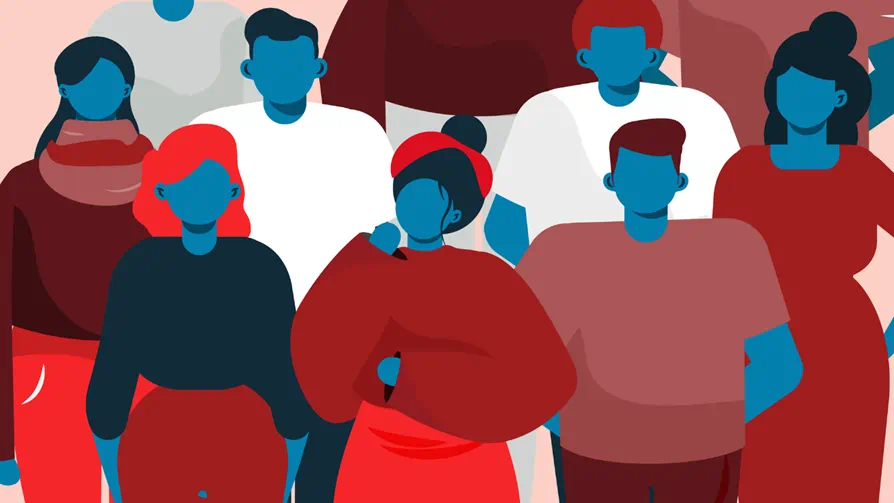
How the Illegal Migration Bill affects vulnerable communities
The Illegal Migration Bill has now passed and will become law. But what will it actually mean for people who have fled their home countries?
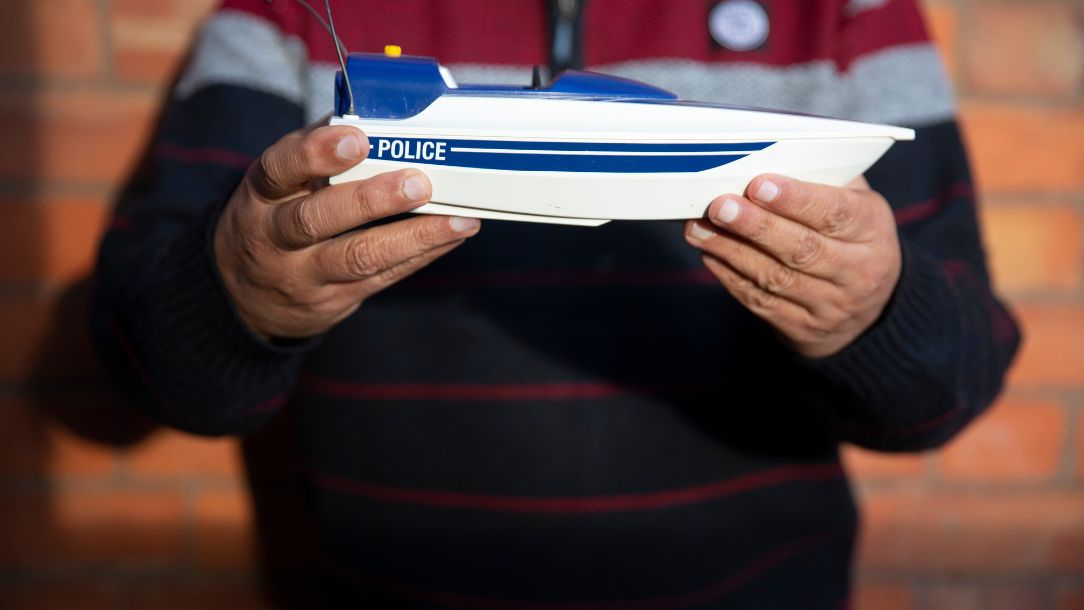
"When I fled persecution unprepared, I left my family in limbo"
Five ambassadors from the VOICES Network share their stories of hardship, resilience, and hope.
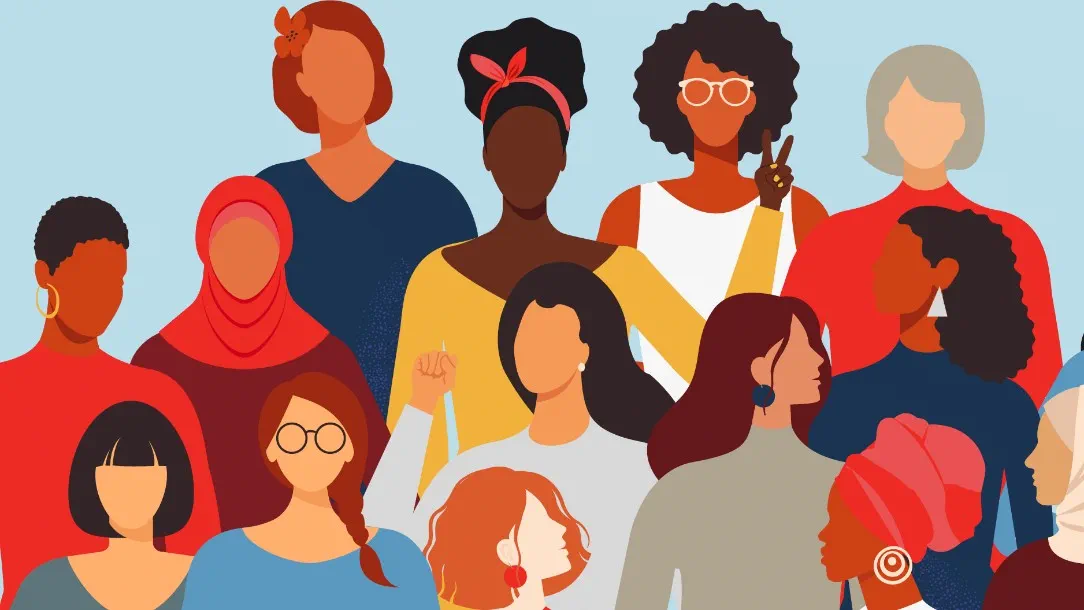
5 things women want to change about the asylum system
Women going through the asylum system on how it can be improved
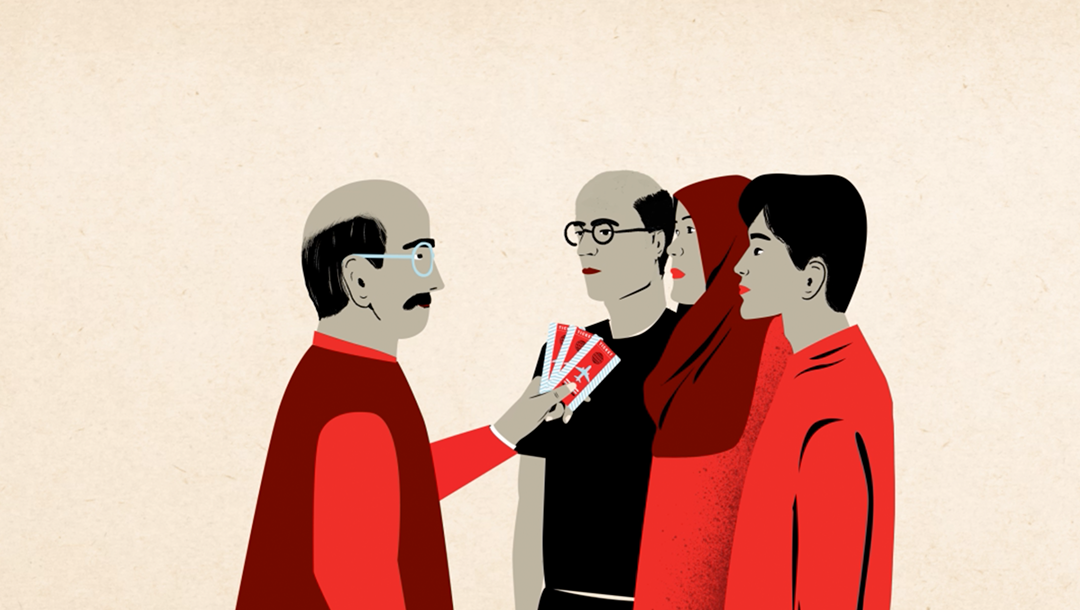
A family reunion that was five years in the making
Kai's search for his parents took him from childhood to adulthood
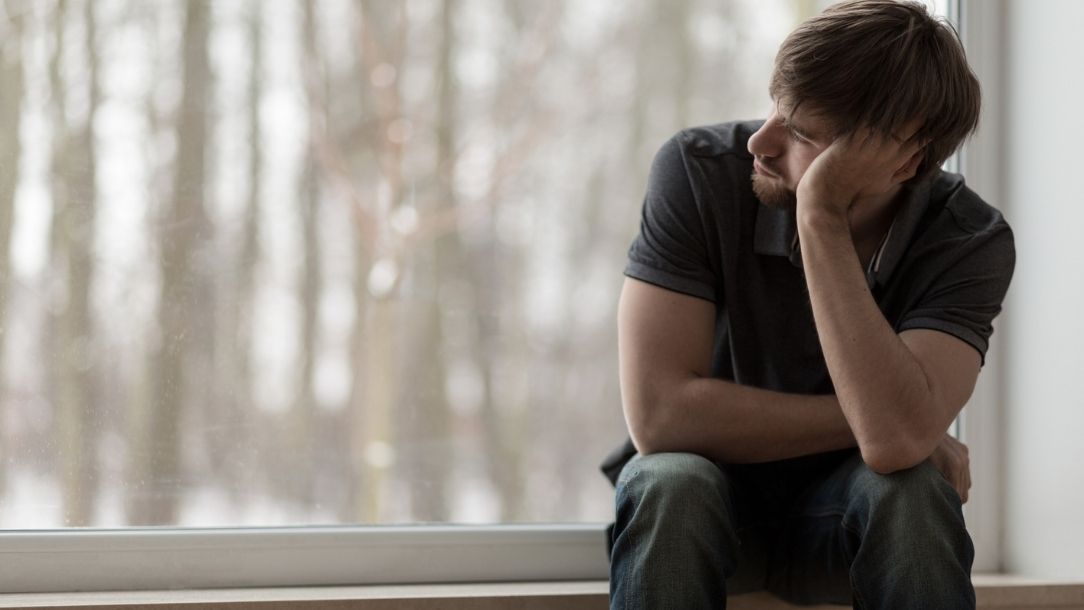
Asylum seekers: are they living on easy street?
With so many conflicting reports, it's hard to picture life for an asylum seeker in the UK. We shed some light on the matter.
Page 1 of 3


